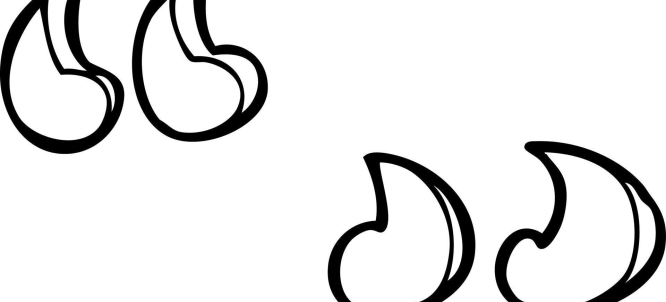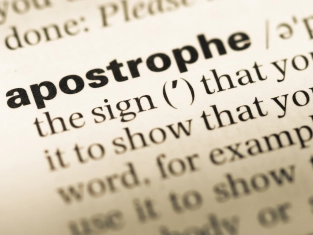by PushtoLearn
Do Periods Go Inside or Outside Quotation Marks?
Table of Contents
Two Competing Conventions
|
Convention |
Core rule for periods & commas |
Typical audience |
|
American style (“typesetters’ style”) |
Always place inside: He called it “noise.” |
|
|
British / Logical style |
Place inside only if the punctuation is part of the quoted material: He called it “noise”. |
Top answer summarizes this split crisply: “British English uses punctuation outside the quotes. American inside.”
Why the Rules Diverged
-
Historical typesetting: Early printers risked losing tiny pieces of movable type (periods, commas) at line ends. Nestling them inside sturdy quotation marks reduced breakage and visually kept them from “floating away”
-
Momentum of style guides: Nineteenth-century U.S. style manuals codified the habit; the Chicago Manual of Style still enforces it today
-
Rise of “logical punctuation”: UK editors eventually argued that punctuation should reflect meaning, not aesthetics. Modern British guides (e.g., The Punctuation Guide) adopt this logic-first approach. Ben Yagoda even notes a “punctuation paradigm shift” toward the logical style.

Working Rules
American style
-
Inside by default
Jenny said, “I always thought the bugs were blue.” -
Question or exclamation marks stay inside only if part of the quotation:
Who shouted “Fire”? -
Parenthetical citations - one major exception:
“Donahue’s policy was to do nothing” -
Computer code / data strings: Chicago allows moving the period outside to prevent corrupting code
British / logical style
-
Outside unless integral
Jimmy says he lied for the sake of “humanity”. -
Share punctuation when possible
Did he say, “I eat ravioli”? -
Keep quoted source exactly as printed - crucial for scholarship and programming
Practical Tips for Writers & ESL Learners
-
Know your audience. Academic in the U.S.? Follow CMOS or MLA. Writing for a UK newspaper? Use logical punctuation.
-
Follow one style consistently. Mixing rules (“He said ‘yes.’ but ‘no’.”) distracts readers.
-
Watch special contexts.
-
Parenthetical citations, data strings, or quoted file names may need the period outside even in American style
-
Dialogue tags: “I’m late,” she said. (comma inside)
-
Use tools wisely. Grammar checkers default to your locale; switch to British settings if you prefer logical punctuation.
-
If in doubt, omit the period. For inline mentions like the word “cat”, many guides simply drop end punctuation unless the surrounding sentence needs it.
FAQ
Do American punctuation rules put the period inside quotation marks?
Yes. U.S. style guides such as Chicago and APA state that periods always appear inside the closing quotation marks, regardless of whether they belong to the quoted words.
When does British English place a full stop outside quotation marks?
In British - or “logical” - punctuation, a full stop (period) sits outside when it is not part of the quoted material; it only moves inside when the original extract already contains the punctuation.
What does APA 7th edition say about periods and quotation marks?
APA 7 follows the American convention: place commas and periods inside quotation marks, except when a parenthetical reference immediately follows the quote.
Does the period go inside quotation marks in web content?
Yes - if you write for an American audience, keep the period inside the quotes to match mainstream U.S. style. For a UK audience, placing it outside often improves readability and aligns with local expectations.
How do I handle periods with single vs. double quotation marks?
The placement rule is the same for single and double quotation marks: in American English the period stays inside; in British English it moves outside unless it belongs to the quote.

